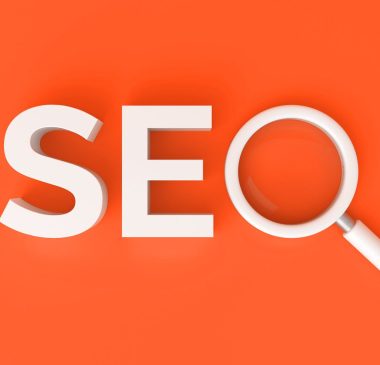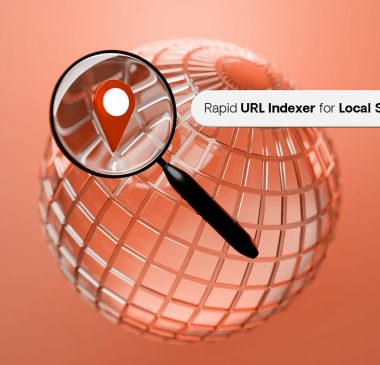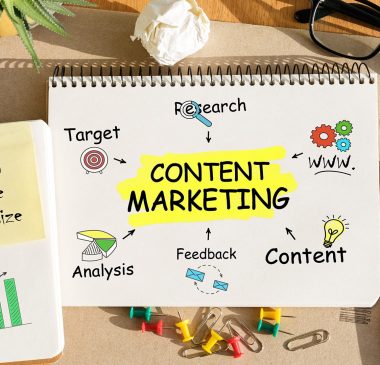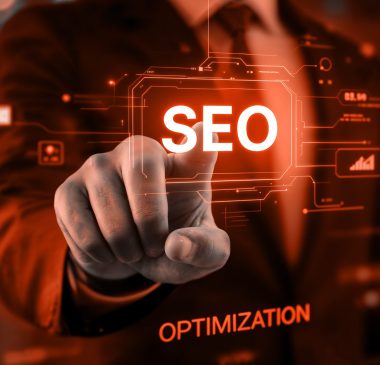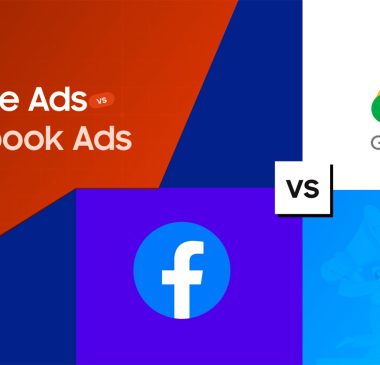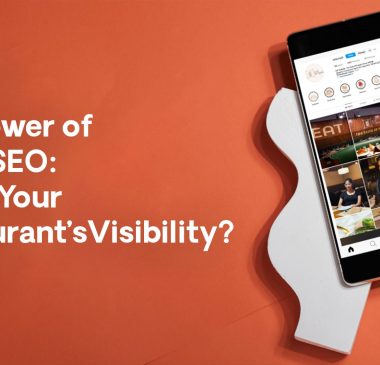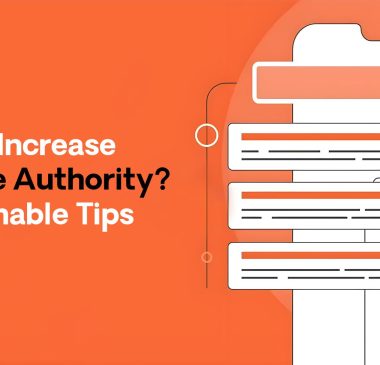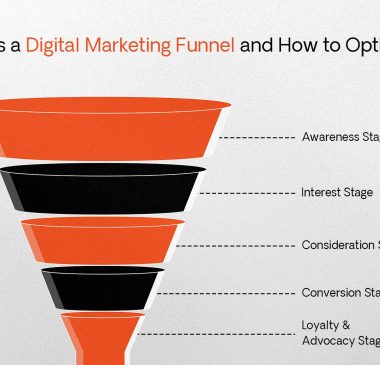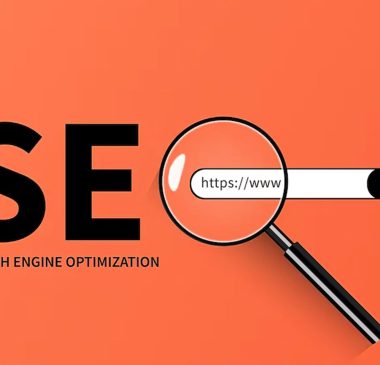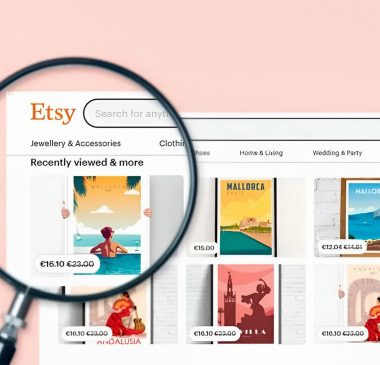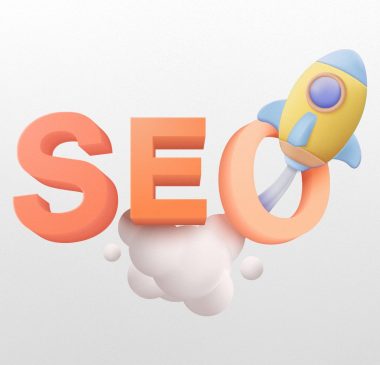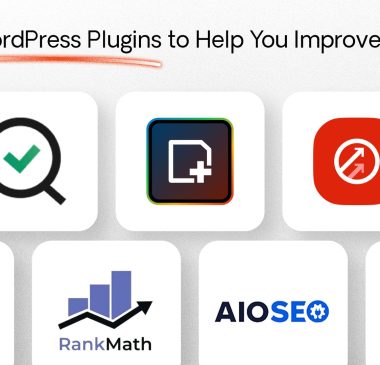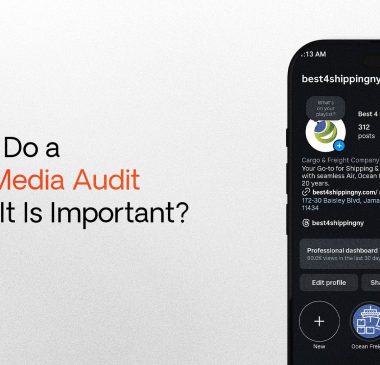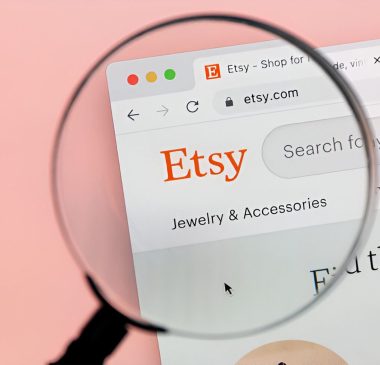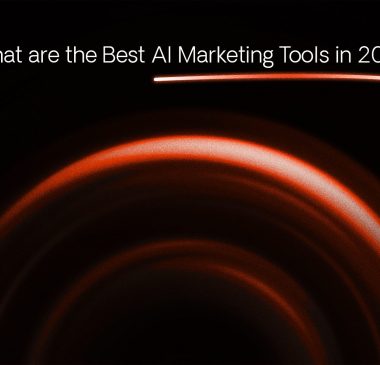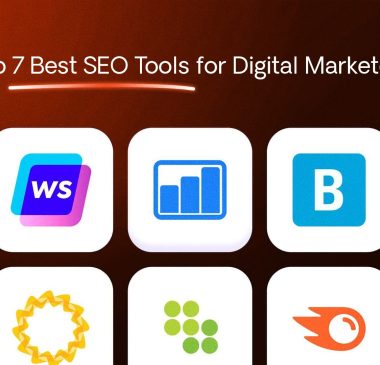In the ever-evolving world of digital marketing, advertisers continually seek the most effective platforms to promote their products and services. Among the plethora of options, Google Ads and Facebook Ads stand out as two of the most popular and powerful platforms. But which one works better for your specific needs? This blog explores the strengths and weaknesses of both platforms to help you make an informed decision.
Understanding Google Ads and Facebook Ads
Google Ads
Google Ads is a robust platform that allows businesses to reach potential customers through various types of ads such as Search, Display, Video, and Shopping ads. Its main strength lies in its vast reach, powered by the most popular search engine in the world. Google Ads is highly effective for capturing demand, meaning it targets users actively searching for specific products or services, which can lead to higher conversion rates.
Facebook Ads
On the other hand, Facebook Ads provides a more targeted approach based on user demographics, interests, and behavior. This platform excels in creating demand by tapping into a large pool of users who may not be actively searching for a product but can be enticed through relevant ad content. Facebook’s diverse ad formats, including Image, Video, Carousel, and Slideshow ads, allow for creative marketing strategies that can engage users and drive awareness.
Targeting Capabilities
Google Ads
Google Ads offers powerful targeting options such as keyword targeting, location targeting, and audience demographics. It excels in intent-based advertising, where ads are shown based on the user’s search queries, offering a direct response to their immediate needs.
Facebook Ads
Facebook Ads shines with its intricate targeting capabilities that include not only demographic information but also users’ interests and behaviors. The platform’s strength is in its ability to create lookalike audiences and perform effective retargeting, making it excellent for brands looking to expand their reach based on existing customer data.
Cost and Budget Flexibility
Google Ads
Google Ads typically operates on a CPC (Cost Per Click) or CPM (Cost Per Mille) basis, offering advertisers control over their budgets and bid strategies. While costs can vary widely based on the industry and competition, Google Ads provides tools to manage spending effectively.
Facebook Ads
Facebook also offers flexible bidding options, including cost-per-click (CPC) and cost-per-impression (CPM). Advertisers can choose automatic or manual bidding, depending on their campaign goals and expertise. Facebook Ads often feature a lower average cost per click compared to Google Ads, potentially offering a higher ROI depending on the campaign’s effectiveness.
Measuring Success and ROI
Google Ads
Success in Google Ads is measured by metrics such as conversions, click-through rates (CTR), and the overall return on investment (ROI). Google provides comprehensive tools and analytics to track these metrics, helping advertisers optimize their campaigns based on performance data.
Facebook Ads
Facebook Ads offers detailed insights into campaign performance, including metrics like engagement rates, conversion rates, and overall sales impact. These metrics are invaluable for understanding how well your ads resonate with the target audience.
Pros and Cons
Google Ads
Pros:
- High intent user targeting
- Extensive reach through the Google Network
- Diverse ad formats for different objectives
Cons:
- Can be expensive in competitive industries
- Requires keyword research and ongoing optimization
Facebook Ads
Pros:
- Advanced user targeting based on demographics and interests
- Lower cost options for startups and small businesses
- High engagement with visual ad formats
Cons:
- Less effective for immediate sales in non-engaged users
- Requires creative and compelling ad content
Case Studies
This section would benefit from real-world examples of businesses that have successfully used Google Ads and Facebook Ads, highlighting specific strategies and outcomes.
Choosing the Right Platform for Your Needs
To decide between Google Ads and Facebook Ads, consider your business goals, target audience, and marketing budget. In many cases, a combination of both platforms may be the best approach to achieve a comprehensive digital marketing strategy.
Conclusion
Both Google Ads and Facebook Ads offer significant advantages for digital marketing, and the choice between them should be based on specific campaign goals, audience targeting, and budgetary constraints. By understanding the unique features and potential of each platform, marketers can leverage Google Ads and Facebook Ads to achieve optimal results.
Call to Action
What has been your experience with Google Ads and Facebook Ads? Share your stories and tips in the comments below, or contact us for personalized advice on choosing the right advertising platform for your business needs.
FAQs
1. What works better, Google Ads or Facebook Ads?
The effectiveness of Google Ads vs. Facebook Ads depends on your marketing goals and target audience. Google Ads is generally more effective for targeting users who have a high intent to purchase, as it targets users based on their search queries. Facebook Ads, on the other hand, are great for building brand awareness and reaching a broad audience based on demographic and behavioral targeting. The right choice depends on what you aim to achieve—immediate sales or long-term customer engagement.
2. Are Google Ads more effective?
Google Ads can be more effective for reaching users who are actively searching for products or services, making it excellent for driving conversions with high intent. Its effectiveness is particularly notable in scenarios where timely, relevant ads can meet the immediate needs of potential customers.
3. Why is Google Ads more expensive than Facebook Ads?
Google Ads often comes with a higher cost due to its extensive reach and the competitive nature of bidding on popular keywords. The platform operates on a pay-per-click model where advertisers may pay a premium for keywords with high commercial intent, reflecting the higher conversion potential associated with these ads.
4. Who is Google Ads’ biggest competitor?
Google Ads’ biggest competitor is Facebook Ads. Both platforms dominate the digital advertising space but cater to slightly different marketing needs and strategies. While Google Ads is powerful for search-based advertising, Facebook Ads provides robust options for demographic and behavior-based targeting.
5. Does Facebook pay more than Google?
In terms of employment and career opportunities, both Facebook (now Meta) and Google offer competitive salaries and benefits, which are among the best in the tech industry. The pay at each company can vary depending on the role, level of experience, and geographic location. If referring to ad revenue sharing, the context differs as Google pays out to publishers via AdSense, while Facebook’s monetization strategies for creators and publishers vary widely.



